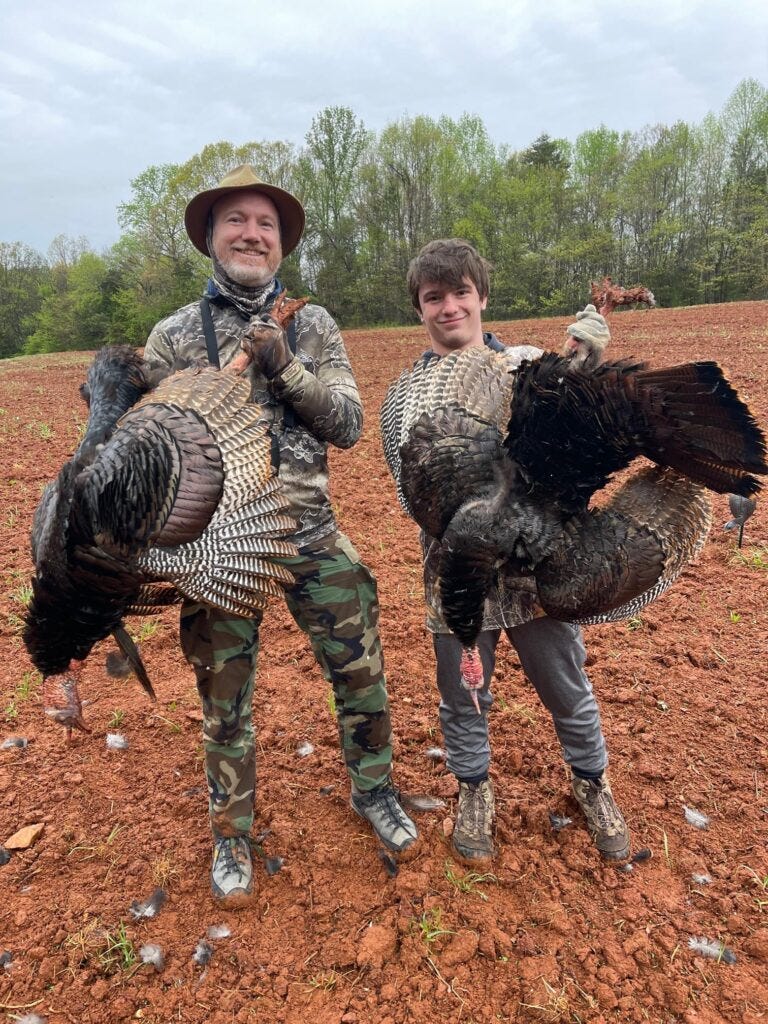Standards are a gift that keeps giving for those who love to hate click, cherry pick or whatever. It leads to a confused debate that tends to overlook the major issue: a lot of standards just aren’t that good. It’s one reason for the NAEP results we see.
But look, I have a dog in this fight. Virginia recently revised its standards, something that happens on a regular cycle here. It was a circus, because 2023. But the end product is quite good – if you like content standards. If you like the vague thematic approach and are the kind of person who puts the word “mere” in front of “facts” then you won’t like them. I talk about all that and the standards more generally in a discussion with Rick Hess in Ed Week.
Rick: The Virginia board of education just passed new History and Social Science Standards of Learning. This seems like a challenge in the current political climate: What’s the story?
Andy: The big lesson is simply that it can be done. It’s not always easy, but we should not give up on trying to get things done for students just because we are operating in a really polarized and contentious time. Virginia’s governor, Glenn Youngkin, said he wanted two things from the new history and social science standards. He wanted them to be best in class and he wanted them to tell the whole story of America: achievements, progress, and where we’ve fallen short. Partisans went bananas, but to most parents—and most Americans—those are two pretty reasonable goals. These standards meet those goals.
Rick: Before we get into it, can you talk a bit about the existing standards and what you all hoped to change?
Andy: The previous standards were not awful; I think Fordham gave them a B, but they had a number of issues. It was time to update. For instance, Virginia—like some other states—still taught that there were multiple causes of the Civil War rather than slavery being the underlying cause of the breach between the states. There was more to do to make sure we taught the full story of the good and bad and the incredible complexity of American and Virginian history. We also sought to more fully engage with some contemporary history including things like the movement for gay rights and the conservative movement.
Rick: You seem pleased with how the standards turned out. Why is that?
Andy: Look, they’re not perfect, no standards are, and any informed person would do certain things differently but—and this is key—those things would all be different…
You can read the entire interview here.
It’s Friday, but instead of fish, and because Rick leads education work at AEI, here’s Nat Malkus and his son with turkeys. But do send me your summer fish pictures, and if you have and I haven’t posted them please bump the email.



